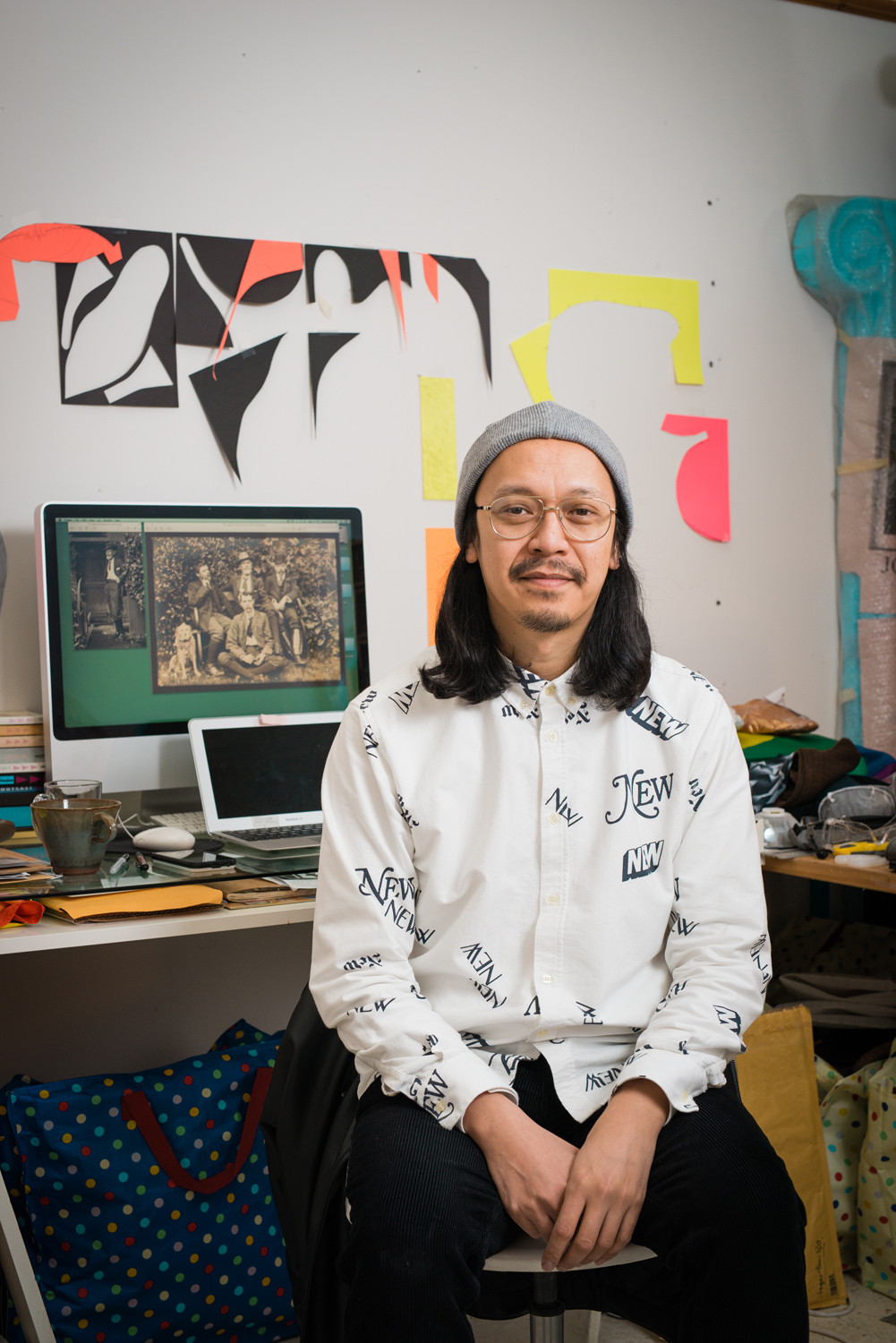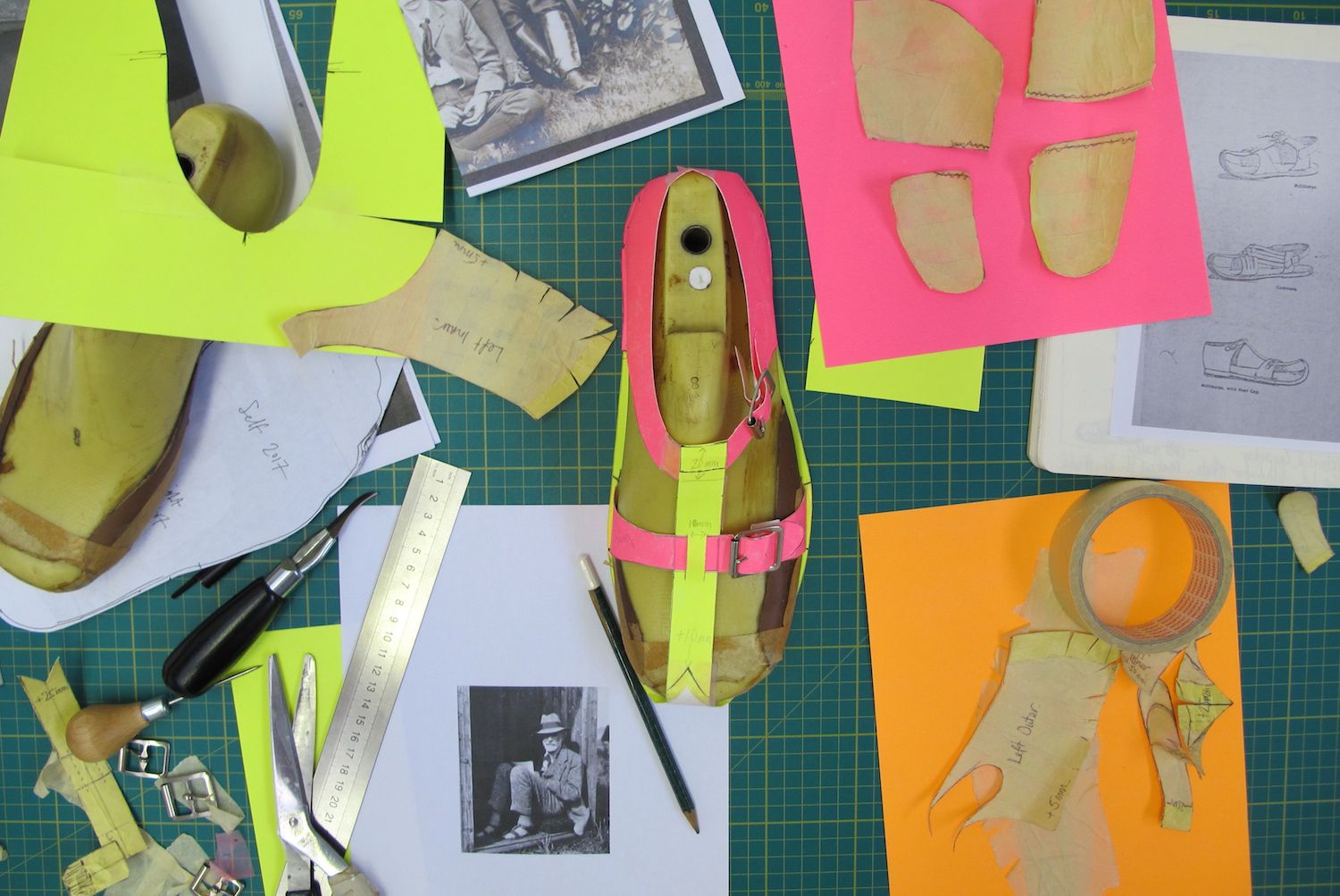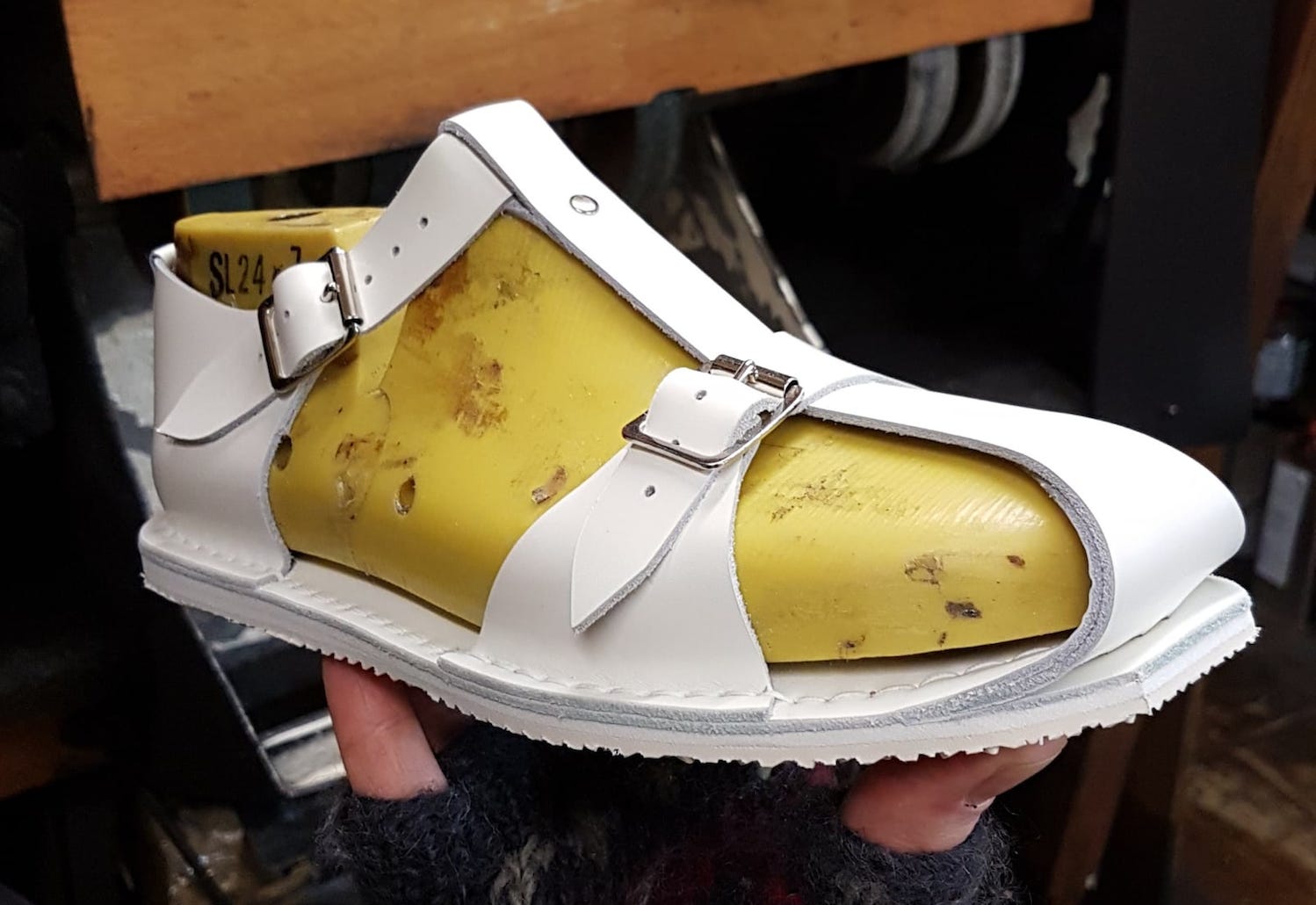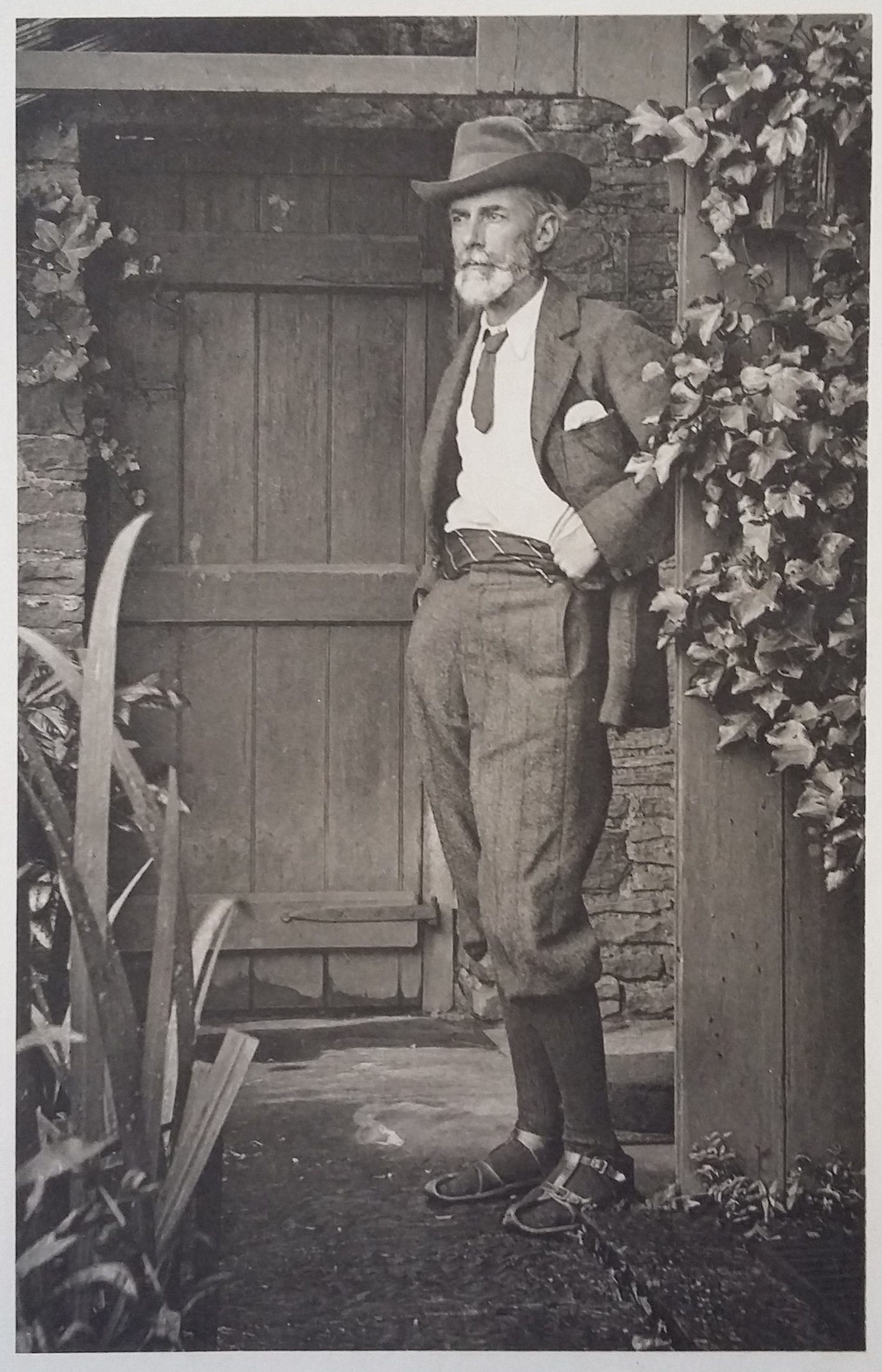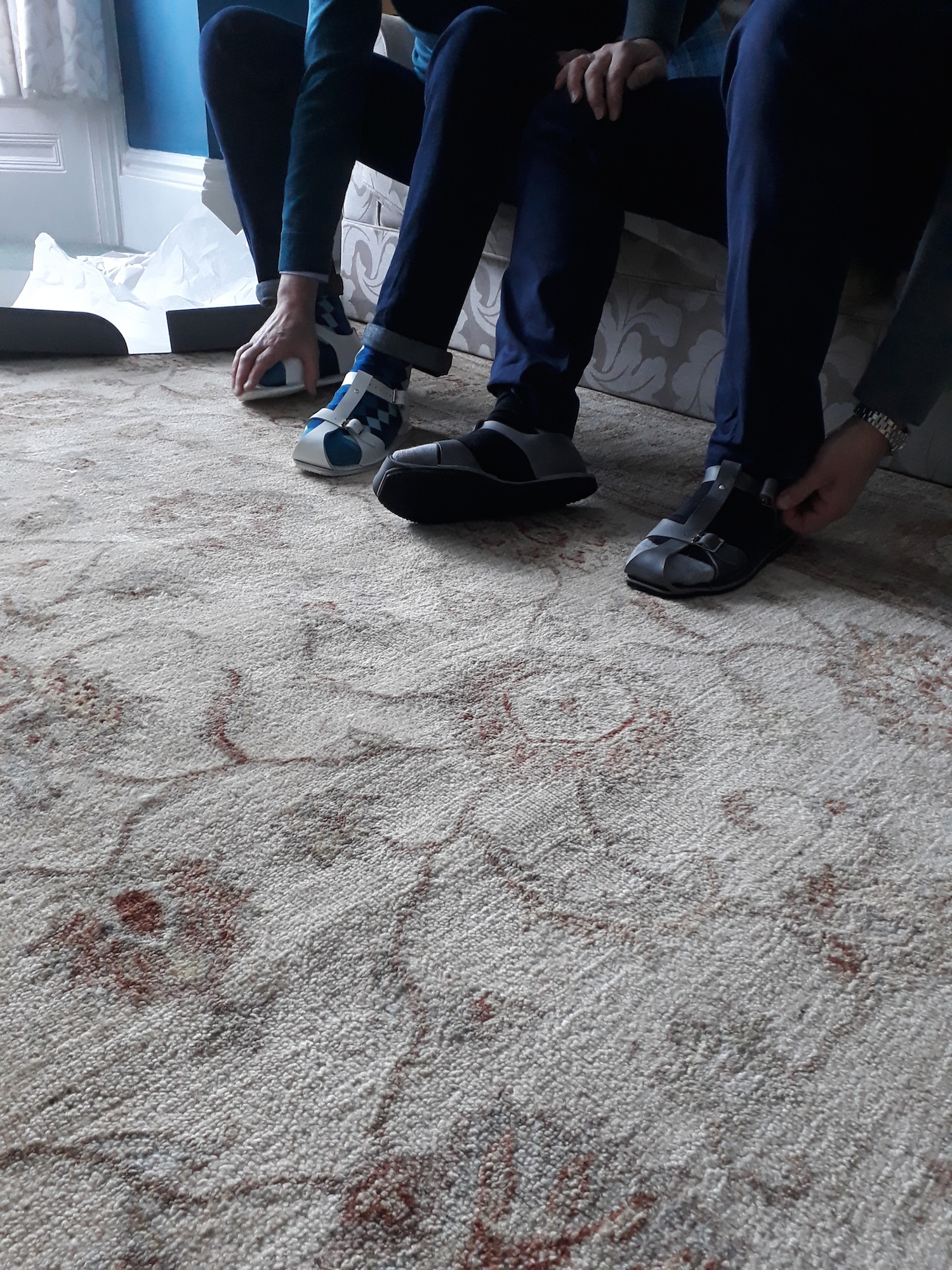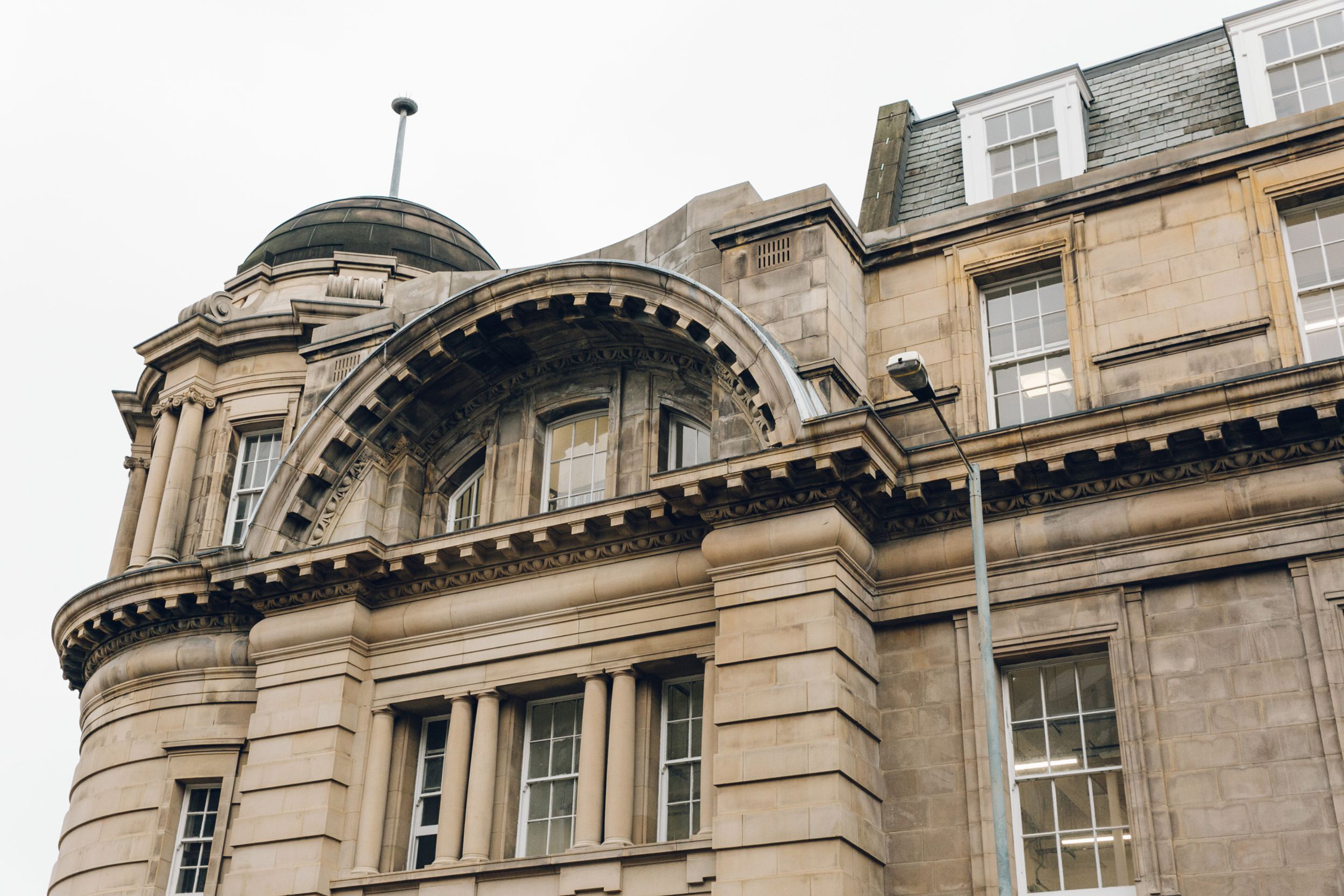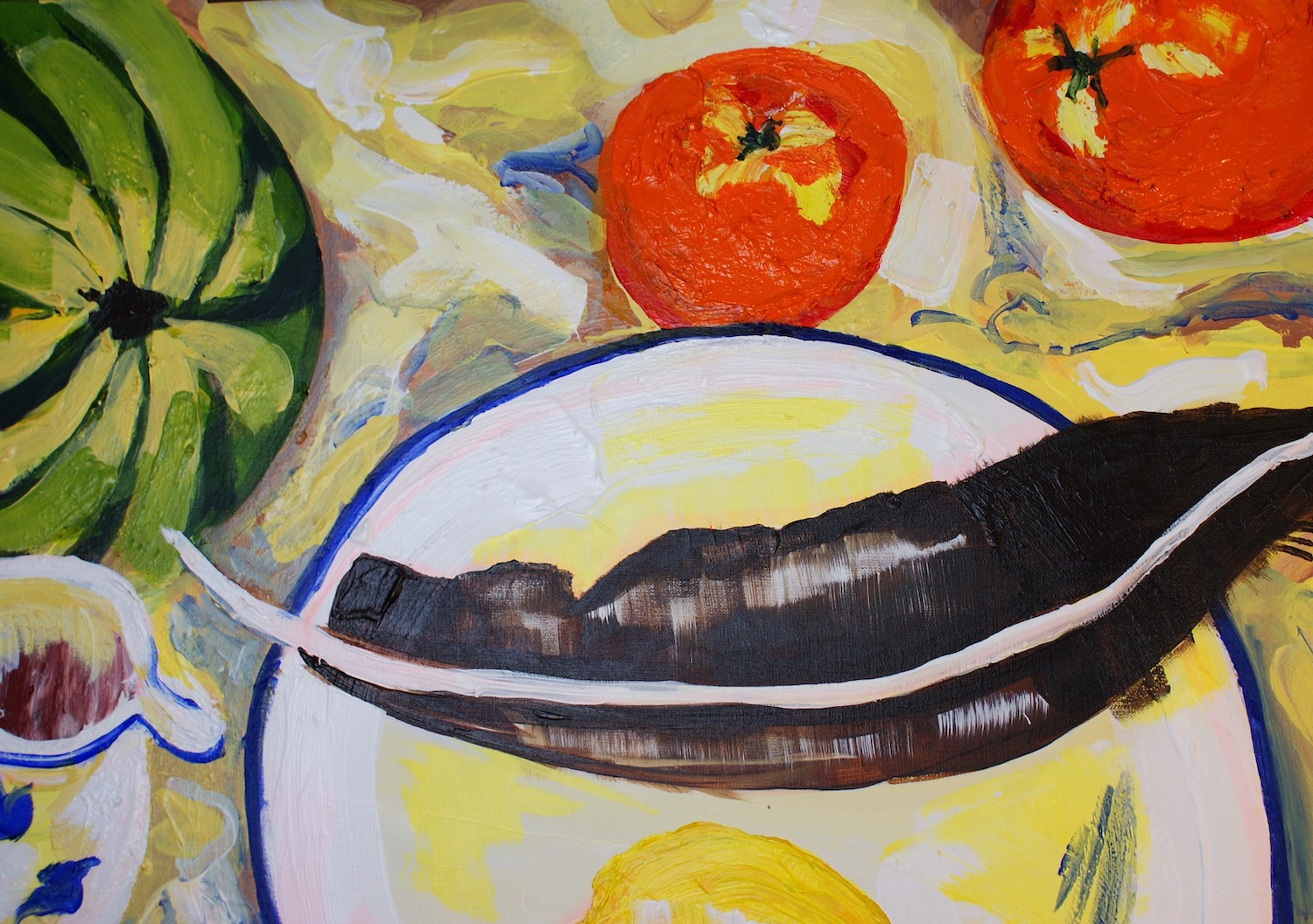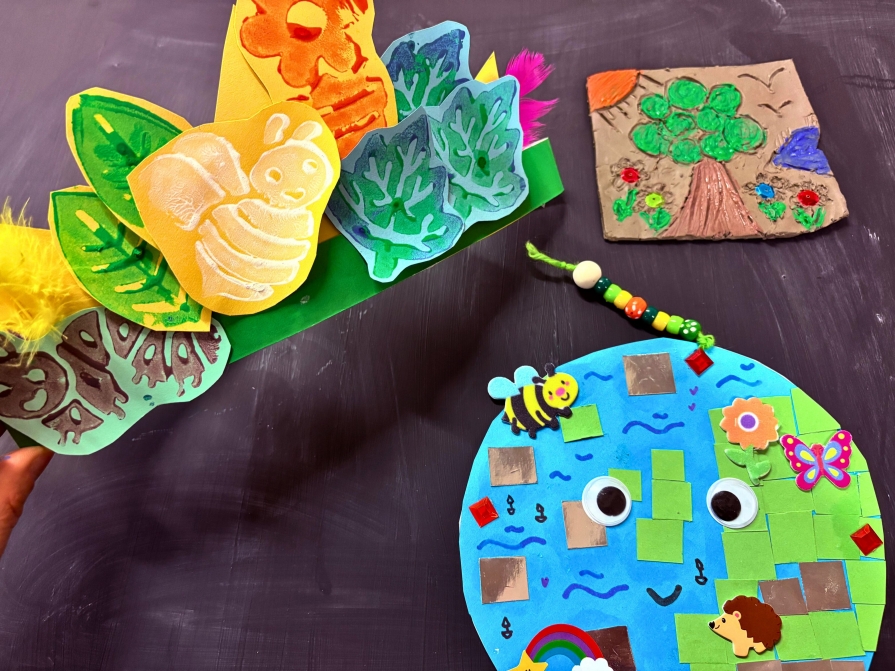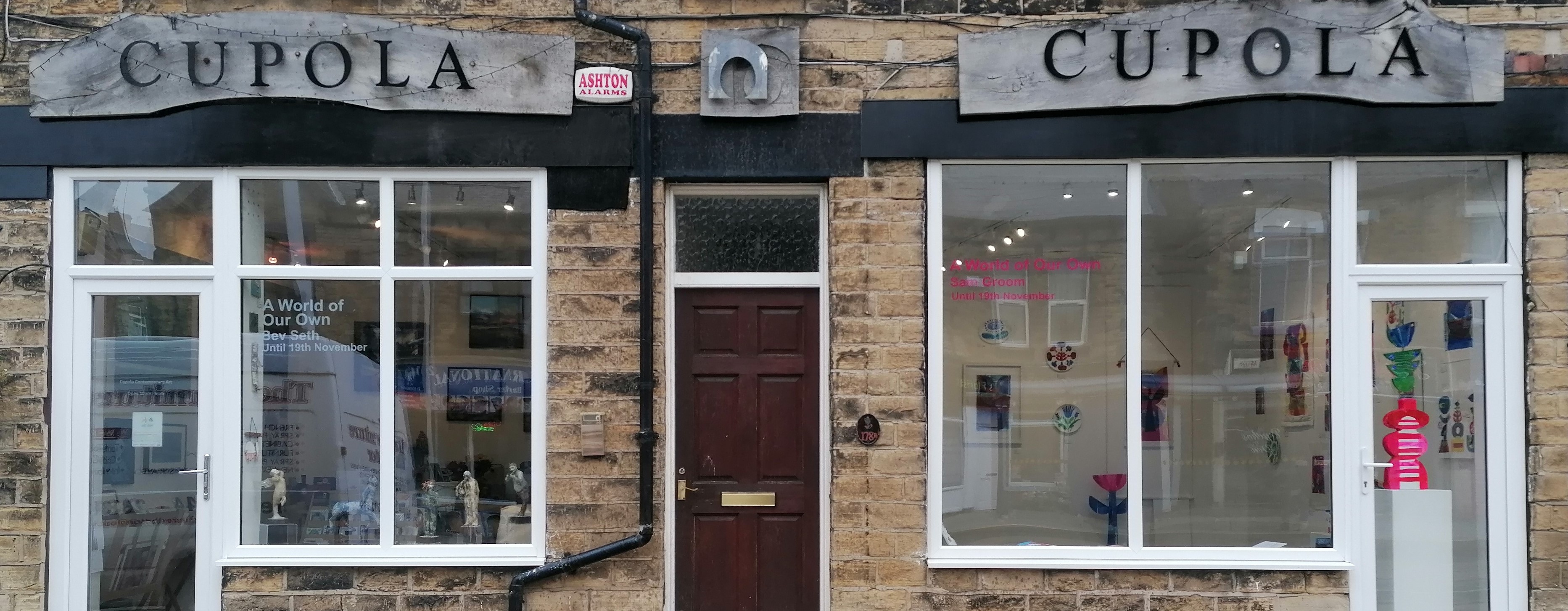Yuen Fong Ling’s artistic practice takes many forms, resulting in a hands-off approach that can be difficult to pin down. In his own words: “I do sometimes wonder what it is that I do”. For the past couple of years Yuen has been working with the collection of writer, poet, activist and socialist Edward Carpenter (1844-1929), to uncover hidden histories and to present the work of the pioneering writer and cultural figure that spent a formative period of his life in the steel city.
Yuen employs a lightness of touch to his working methods, and rather than focusing on producing an individually authored artwork, which seems to fit with the traditional cannon of art practice, he subtly elevates the stories of others in order to present new narratives and explore complex histories best told by a multitude of voices. A formative relationship has developed through his recent work, Towards Memorial, with Sheffield-based ethical shoemakers Noble & Wylie, where he has been designing and producing a series of bespoke sandals that will be gifted to individuals and groups who are continuing the legacy of Carpenter. The Carpenter sandal is available to buy now – and for every ten pairs sold, one will be gifted to an activist in the city.
With support from Making Ways, Yuen has spent a significant amount of time researching and working with The Friends of Edward Carpenter and within the collection itself, and in August 2019 held an exhibition at Yorkshire Artspace as part of the Freelands Artist Programme, presenting a series of new works which are born out of conversations and collaborations around the legacy of Edward Carpenter himself.
How would you describe your work?
I often describe my work as like being "a jack of all trades" i.e. "a master of none." Someone told me recently the rest of the phrase: "but oftentimes better than a master of one". I often follow the trajectory of an idea towards its most instinctive conclusion, meaning I've made drawings, paintings (not very good ones!), prints, sculptures, photographs, devised performances, exhibitions, workshops and events. Anything is possible as long as I have the time to get to know how to do it.
How do you choose the themes you work with?
The themes are usually autobiographical, about moments of experience and discovery. However I tend to look for them through others – historical figures – as a way of making a connection with the past to tell me about the present. I did a whole series of works as the life model, because from an early age I was aware of being different, and I was interested in how society saw me. Also, someone I was working with recently saw something of a "rite of passage" in my work – what it is to be a gay man today. I like it, I can go with that.
What's your workspace like?
I'm based in the lovely Bloc Studios. It’s a modest studio with a few tables and chairs and a shelving unit with all my past artworks, source materials, etc. I change it around about every six months, depending on whether I have to make something new. It’s got to be flexible – it'd be nothing without IKEA!
What, who or where should be better known in Sheffield?
The Friends of Edward Carpenter, a proactive group of Carpenter enthusiasts interested in developing a permanent public memorial to Edward Carpenter. They have raised money organising events to fund all aspects of the process, commissioning artists, finding the site, and advocating the work of Carpenter to new audiences. An amazing project and amazing people.
What would you change about the city?
That's a difficult question. I like the sure and steady development of the city in Sheffield, keeping its independent spirit. (Long pause) Erm... I'd plant more trees!
What are you working on at the moment?
Funnily enough, I've been working with artefacts in the Edward Carpenter collection in Sheffield Archives, which is how I got to know 'The Friends'. The archives contain paper patterns and documentation of Indian-inspired leather sandals Carpenter designed and made with his artist friend George E Adams. It was a social enterprise that embodied his politics, part of his ambitions to "simplify life", to become open to nature and other new experiences. I'm re-making the sandals and gifting them to activists in the city. They will become custodians to the artwork, exploring what it might mean to make a political statement by simply putting on your footwear in the morning.



